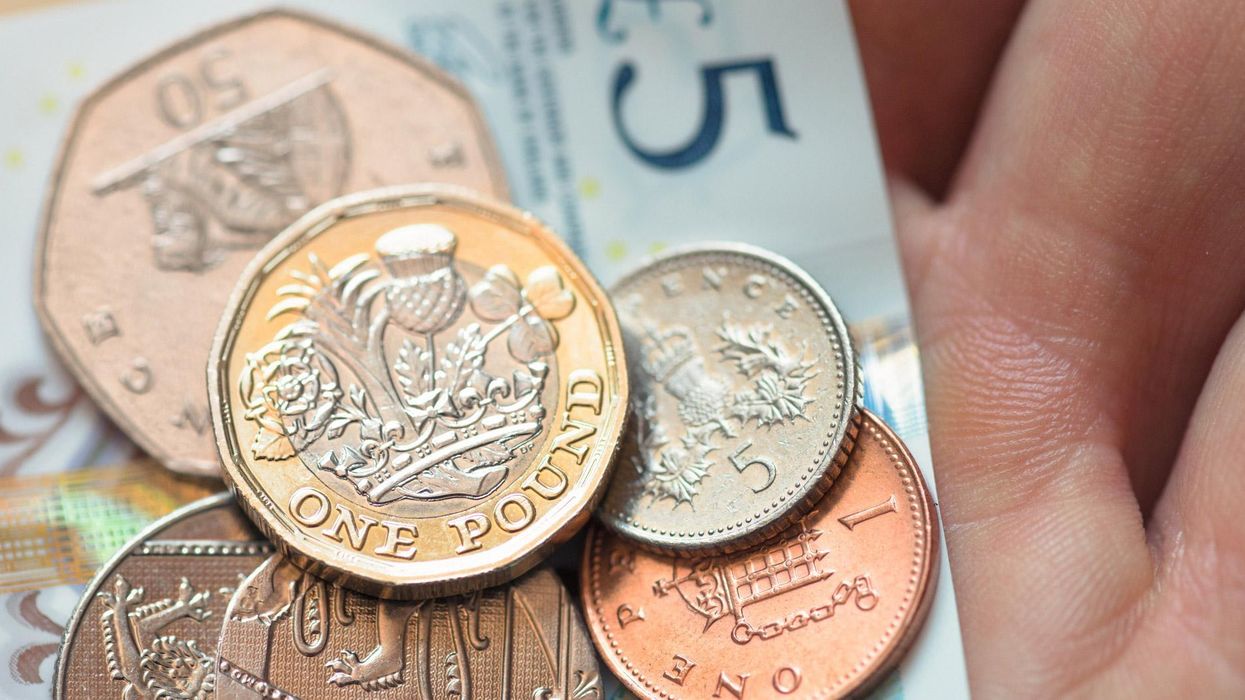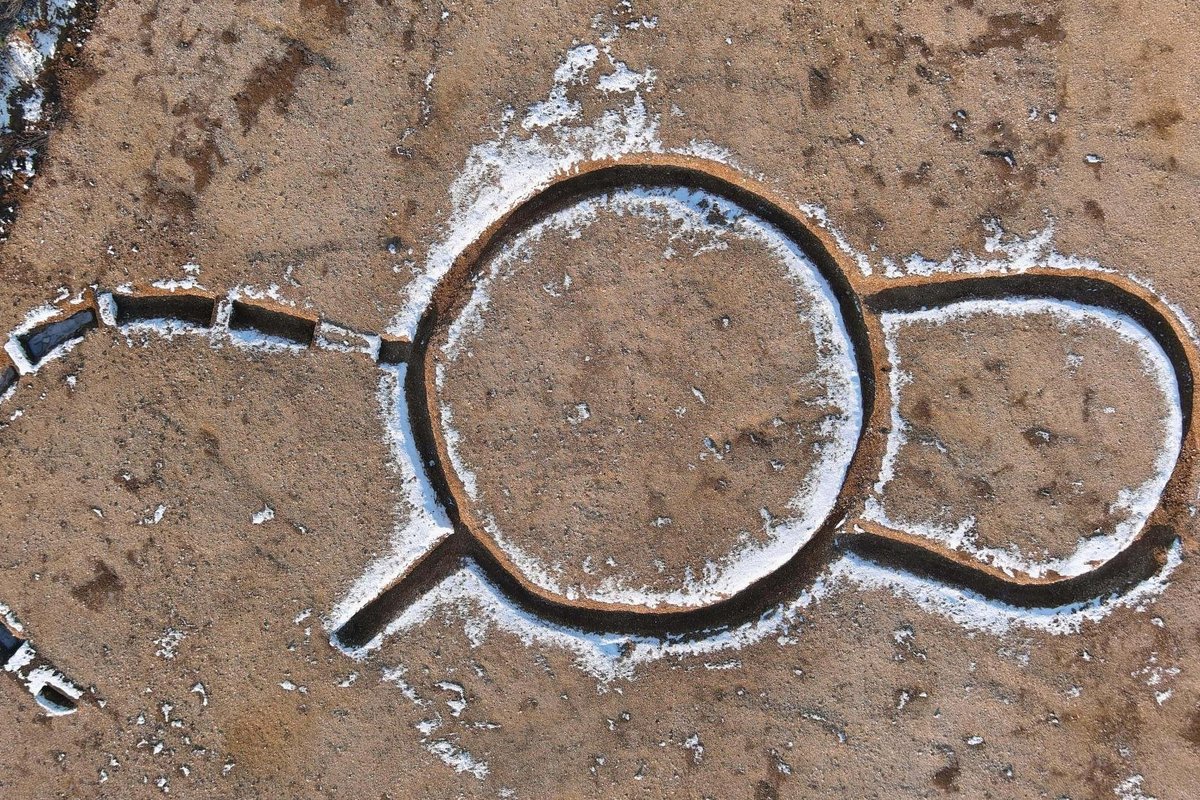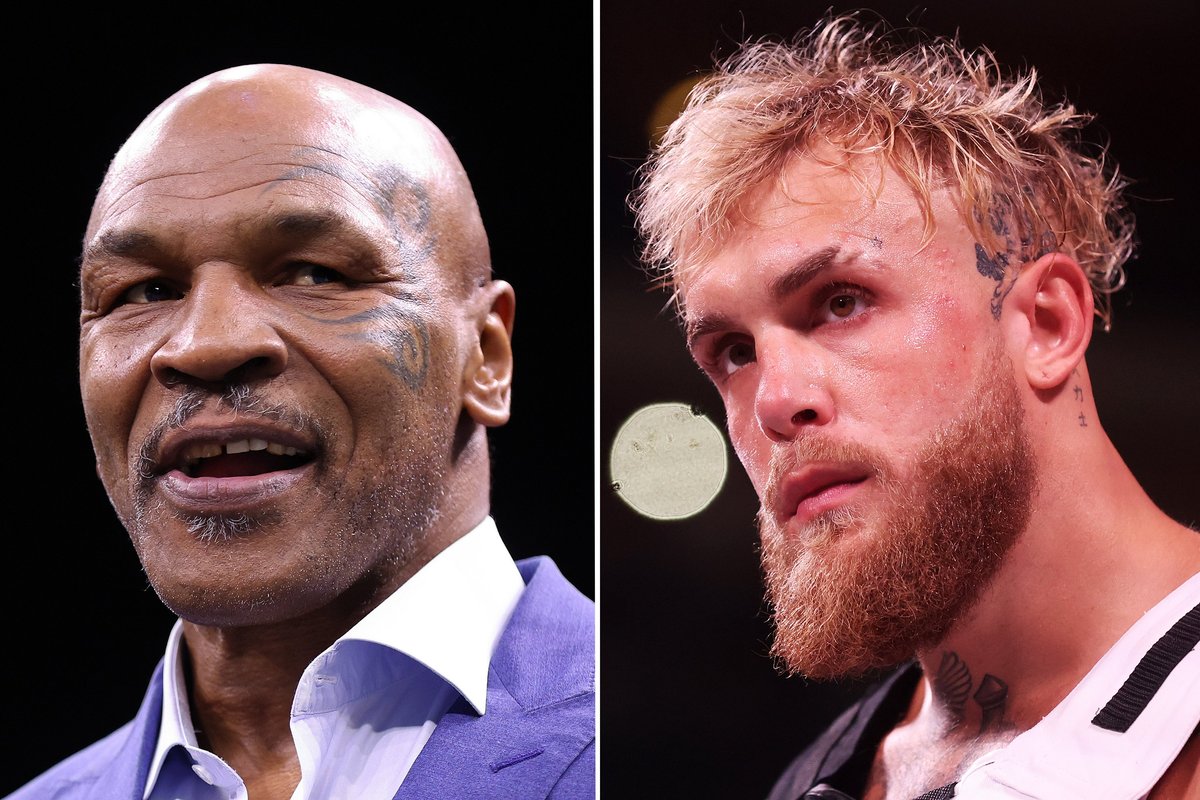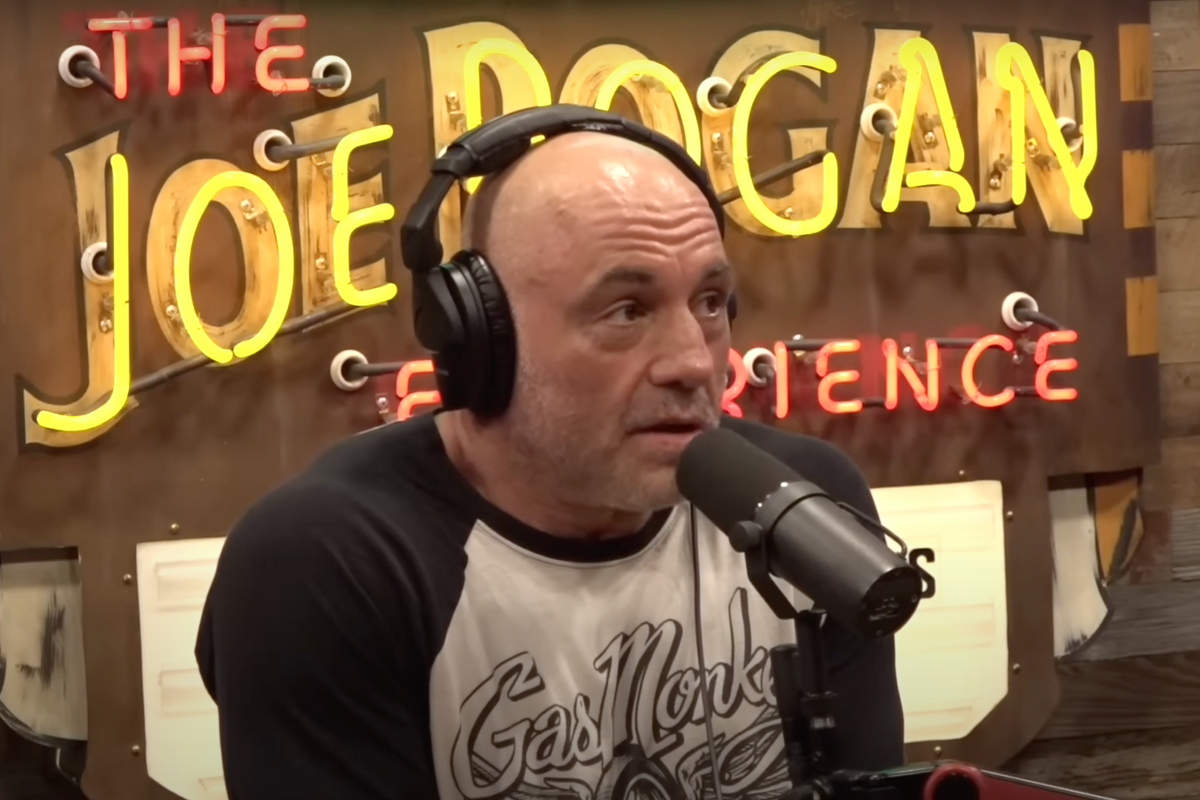
For most of us, it is a moral tug-of-war every time we pass a homeless person. To give or not to give?
For decades, politicians have grappled with this same battle on a larger scale - worried any handouts to the poorest in society may be spent on drugs, alcohol and cigarettes.
A Kenyan report found confirmed this belief is widespread.
But the opposite is true, according to a recently published paper that examined 19 studies.
Not one study found that cash grants increased money spent on cigarettes and alcohol.
The paper's meta-analysis - a statistical technique that combines results across studies - again found that receiving cash actually slightly reduced tobacco and alcohol consumption.
But why?
Study authors - David Evans of the World Bank and Anna Popova of Stanford University - have several theories.
Cash transfers may have given poor households hope.
Before the handout, spending on healthy choices may have seemed futile.
But afterwards poor families may have decided that investment in the future was both sensible and doable.
The Flypaper Effect.
The what?
This is a phenomenon where, when money is given for a specific purpose, people and organisations tend to actually use cash for that purpose.
Go us. We aren't always as bad at decision-making as you might think.
Cash transfers are usually made to women.
Studies have found that, when women rule the roost, more is likely to be spent on food and children's health.
HT Quartz
More: If you have these things in your room, you're poor, according to an expert













